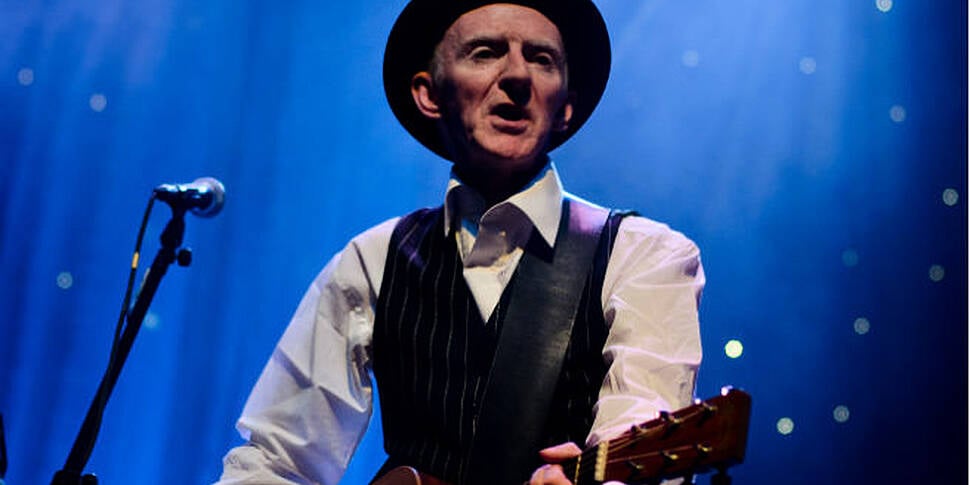News broke yesterday of the passing of The Pogues guitarist Philip Chevron (aged 56).
Born Philip Ryan in Santry, Chevron was diagnosed with throat cancer in the summer of 2007 and had been receiving treatment since.
Over his lifetime he built up a reputation as one of the most influential Irish musicians of all time.
As a child, Philip had a great interest in show music and it is thought that he took the name Chevron from the record label Chevron Records, which released records from artists such as Judy Garland and Sarah Vaughan.
Mesmerized by the growing Punk movement, he formed Ireland’s first punk band, The Radiators From Space, in 1976 along with Pete Holidai and Steve Rapid.
The band’s second album ‘Ghostown’ (1979) received rave reviews and was seen as one of the most influential Irish albums of the era.
Chevron described the album as follows: “The album Ghostown on which "Faithful Departed" first appeared was structured as a sort of midnight walk through Dublin by a contemporary Irish teenager (I was 17 when I started writing Ghostown and I turned 21 during its recording).”

The album was critically acclaimed: “Musically, the album was audacious for its time; lyrically, it's never been bettered. Ghostown represents the first time in Irish cultural life that a rock music 33rpm could sit pretty alongside the country's literary and dramatic output”.
Unfortunately, the success of the album wasn’t enough to keep the band - at that time simply known as ‘The Radiators’ - going and it soon disbanded.
Chevron, who was living and working in London, was concentrating on his solo career and recorded a single, ‘The Captains And The Kings/Faithful Departed’ (1984), which Elvis Costello played on and produced (and which was released on Costello’s own Imp Records).
Chevron had also struck up a friendship with Shane MacGowan and in 1984 he was asked to join the up-and-coming Pogues on a temporary basis. He ended up becoming a full-time member, and band guitarist, following MacGowan's decision to concentrate on singing.
During his years with The Pogues Chevron also took part in various solo ventures. In 1989, he was involved in the Phil Lynott tribute album ‘Ode To A Black Man’ and the following year he sang a duet with Mary Coughlan on the title track of charity album, ‘For The Children’. He also performed a solo version of Pogues’ song ‘Thousands Are Sailing’ for the soundtrack to a BBC documentary about Irish music, called ‘Bringing It All Back Home’.

In 1994, Philip decided to leave The Pogues due to ill-health. However, the band reformed in 2001 after reuniting for a tour and has been together ever since, though there are no plans to release new music.
Over the years Chevron remained busy with various side projects, including a reunion with The Radiators in 2003 with ex-Pogues bassist Cait O’Riordan (which produced a third studio album ‘Trouble Pilgrim’ in 2006 and a fourth, ‘Sound City Beat’, in 2012).
A benefit concert took place for Chevron in Dublin's Olympia Theatre on August 24th 2013. Actor Aidan Gillen, writer Roddy Doyle, The Horslips, Gavin Friday, Paul Brady, Declan O'Rourke and Shane MacGowan all participated in the event. It was the last time that Philip Chevron was seen in public.
Chevron’s song ‘Thousands Are Sailing’ became one of The Pogues’ best known tracks. Appearing on the band’s 1988 album, ‘If I Should Fall From Grace With God’, the song portrays the hopes and struggles of Irish immigrants throughout American history.














